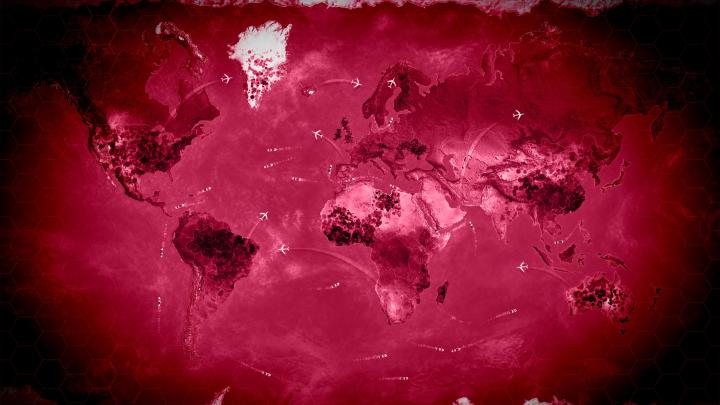
The game tasks the player with engineering a pathogen that will wipe out the human race. Starting with “Patient Zero” the infection spreads, giving the player points with which to evolve their virus with new symptoms, means of transmission, and resistance to treatment. It’s basically an inverse of the popular board game Pandemic.
James Vaughan developed the game in his free time in 2012, and it has since been downloaded over 35 million times on iOS, Android, and more recently Steam, remaining near the top of the mobile game charts. The Ebola panic has caused that long-standing popularity to rise even further with over 923,000 new players, an increase of 30-percent, joining between September 26 and October 2.
Related: Don’t joke about Ebola on an airplane or a hazmat crew will detain you
Some might argue that the game is distasteful given the current state of world affairs, particularly when it leads to players tweeting messages from the game like “Victory! Ebola has successfully eliminated all life on Earth.” Vaughan, however, sees the game as an educational opportunity for players to explore the dangerous consequences of diseases running rampant:
“Players are often interested in real-world issues, and frequently discuss diseases and the science behind them. Recently, we have seen that tens of thousands of Plague Inc players are talking about Ebola on game forums and social media.”
CDC officials agree, inviting Vaughan last year to help with their public awareness campaigns. CDC director Ali S. Khan said that the game “‘creates a compelling world that engages the public on serious public health topics.”
Quelling critics, Vaughan and his studio Ndemic Creations have reached out to a number of charities and are having “detailed” discussions about how they can best donate some of their profits to help in relief efforts. Western coverage of Ebola his fixated on the handful of incidents to spring up in the United States from aid works who were directly involved in treating victims. The real horror remains squarely in West Africa, however, where there have been 9,936 “probable, suspected, and confirmed cases”, while the World Health Organization estimates the real death toll could be as high as 15,000.


